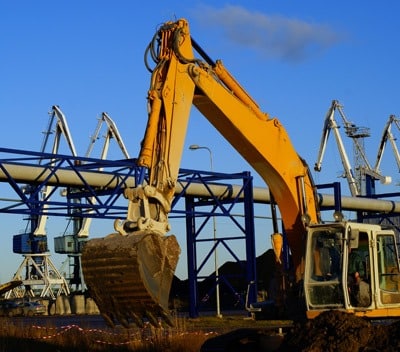October 30, 2023
By an overwhelming legislative majority Illinois has joined the lengthening list of states to outlaw wage theft.
The measure, signed by Democratic Gov. J.B. Pritzker in September, shows again the importance of state-level lawmakers and governors to workers.
That can be both positive and negative. The nation is increasingly politically polarized. In “Blue States,” such as Illinois, New York, California, and, this year, Michigan and Minnesota, elected officials respond to workers’ support with worker protection legislation unlikely to make it through Capitol Hill.
But in often gerrymandered and/or racially polarized “Red States” – such as Texas and Florida and other Southern and lightly populated Great Plains states – right-wing radicals, funded by corporate special interests, enact and enforce worker suppression and voter suppression legislation, often at the same time.
Illinois’ wage theft bill, HB1122, was one of the top priorities of the state AFL-CIO. The Illinois House passed it 68 to 38 and the state Senate agreed 35 to 20. It takes effect next July 1.









